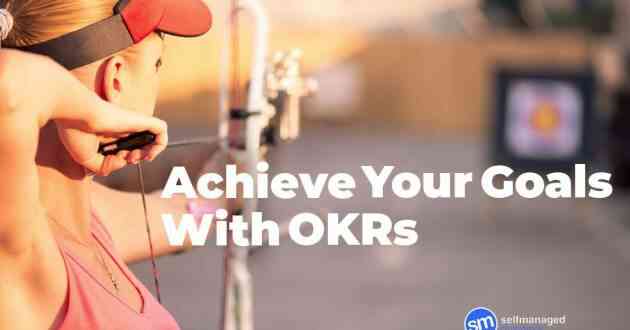Managing strengths and weaknesses
- - Category: Motivational
- - 10 Jan, 2011
- - Views: 2.2k
- Save
The task of knowing oneself is not a difficult one but is essential for one’s growth. The peers, sub-ordinates,
Women have often been quite active while giving suggestions and advices regarding work-life to others. But if they would introspect themselves and make use of their strengths and weaknesses, they would be on an altogether different level in their career. It is only when one knows oneself completely, that she can choose the job that would fit her characteristics. Women need to be analytical while picking up a job. Once she is aware of her merits, she will be able to convince herself of performing better at work.
The task of knowing oneself is not a difficult one but is essential for one’s growth. The peers, sub-ordinates, colleagues can help one in listing down the merits and demerits. After knowing them, one can start working on improving the negative points. While doing so it also becomes important for you to highlight and focus on the merits.
You might need one, two, three or may be even more opinions on the subject to get productive and successful outcomes. One such instance, where a marketing executive was being asked about her strengths and weaknesses, the candidate fell dumbfounded. She didn’t realize it that in knowing a hundred things about marketing she failed to define herself. Interviews are such events where this becomes an integral part of the programme and one can’t miss out on being clear about oneself. Self-advocacy is the ability to understand and effectively communicate one's needs to other individuals. Knowledge is the key to self-advocacy. Like anything else, the more you know, the better you understand, and the easier it is to explain to others what you are. This journey of self-education is an ongoing process, as individual needs change over time. There are three parts to becoming an effective self-advocate: knowing yourself, knowing your needs, and knowing how to get what you need. At work, several tests can be used in order to learn more about oneself.
A good evaluation should include the following:
• aptitude test
• achievement test
• test of memory
• test of phonological processing A written report which includes the outcomes and recommendations should be shared with the employees in a one-on-one meeting.
There are three areas worth investigating to determine what you need to improve your skills and/or compensate for your weaknesses: interventions, accommodations, and modifications. Instructions that help you improve the skills like reading, spelling, math, comprehension, speech, etc. are called interventions. These are evidence based, multi sensory, systematic, and direct with the opportunity for guided practice. Intervention may also include psychological counseling and/or support groups to assist you in working through the emotional aspects of living with a hidden disability. The goal of intervention is to improve skills and work towards independence. Accommodations are tools to help achieve a goal that do not change the integrity of the task (books on tape, extra time for test, copies of handouts before a meeting, editor, use of a calculator, etc.). Accommodations compensate for disabilities, and vary from one individual to another - based on the type of disability and the degree to which it interferes with routine chores.
Modifications are alterations to assignments that do change the overall task; for example, writing a two-page report instead of a four-page report. It is important to keep in mind that nearly all employers and most educational institutions (colleges and universities) do not provide modifications. Moreover, compared to their counterparts, female professionals do not generally take the criticisms in the correct stride. Of course, they cannot ever escape from them, especially if they are planning to reach a higher position in the organization. However, if both the parties join hands, a definite solution can be found for the problem. Women ought to be stronger and accept the review and on the other hand, the management or the organization needs to precisely help them in deciphering their faults or drawbacks. Thus, it is rightly said that precaution is better than cure.
About Author: Chandan Das is a content writer at Paycheck India. He writes various articles on women related work issue, women and work, gender pay gap, work life balance, women empowerment program, women legislation etc.



